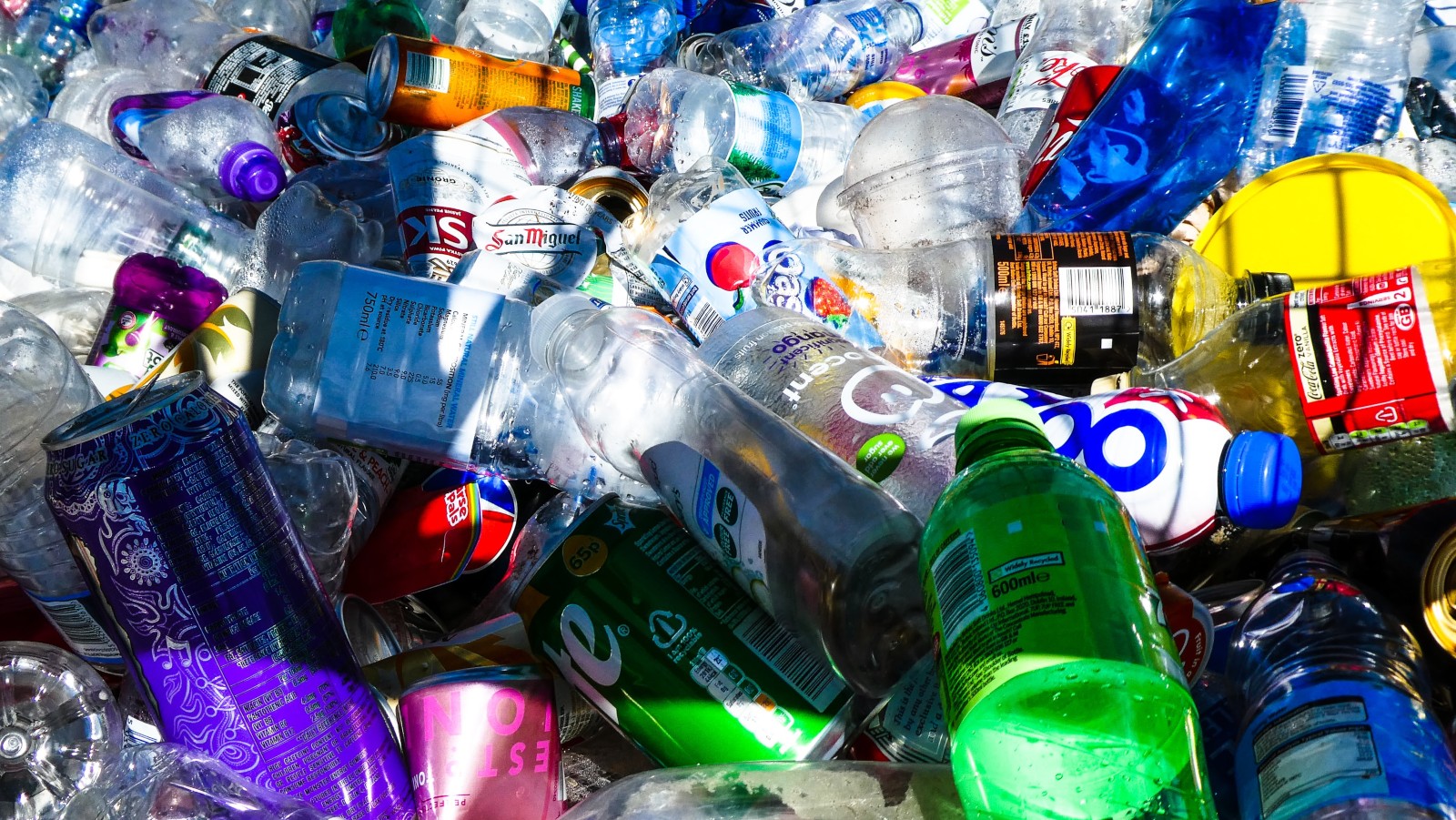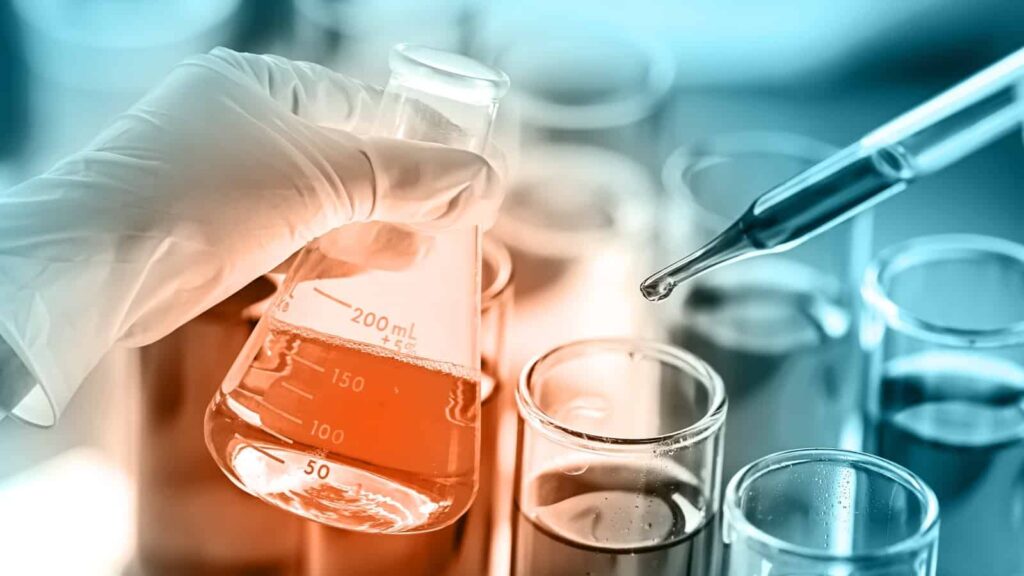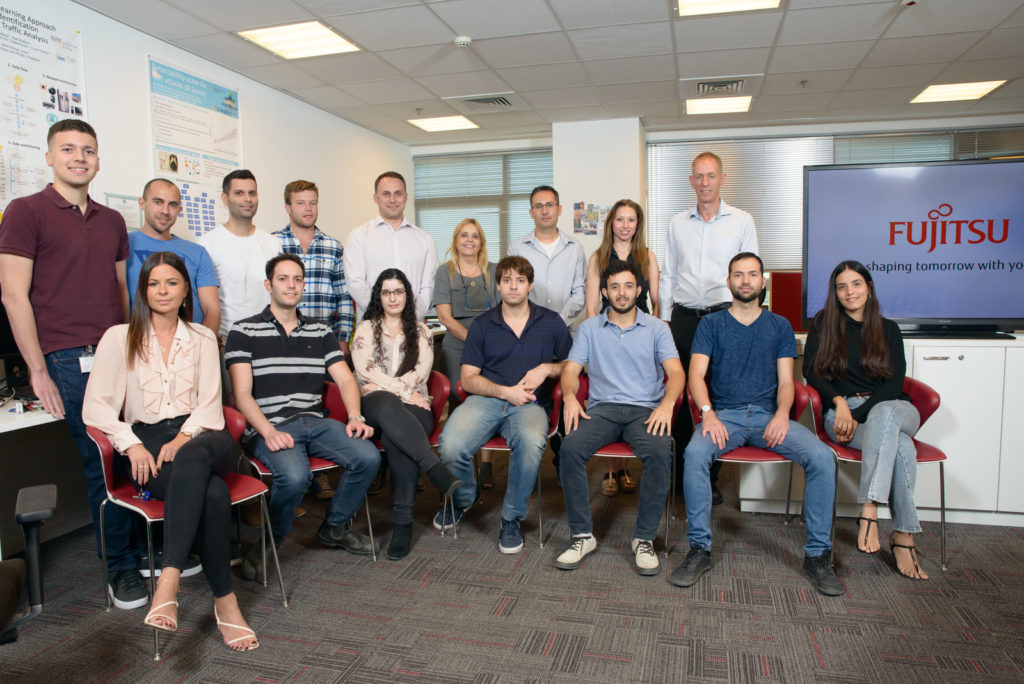
Recycling Single-Use Plastic With Bacteria
Recycling Single-Use Plastic With Bacteria
January 25, 2021
ISRAEL21c — BGU researchers are looking into biodegradation by bacteria — a simpler and more environmentally friendly way to break down and recycle PET (polyethylene terephthalate), the most common type of plastic in food and beverage packaging and textile products.
In November, a research collaboration agreement was signed between BGN Technologies, the technology company of Ben-Gurion University, and Portuguese company Ecoibéria as part of a one-year project to study and demonstrate the effectiveness of bacterial biodegradation of PET.
“Our research dealt with the decomposition of various polymers of plastics,” says Prof. Ariel Kushmaro of BGU’s Avram and Stella Goldstein-Goren Department of Biotechnology Engineering and Laboratory of Environmental Biotechnology.
The results of the joint study may streamline the presently cumbersome plastic recycling process used today, which involves plastic bottles being collected from recycling bins before being separated by type and color and then ground into small chips and melted into sheets of raw material and fibers.

Every year, more than 300 million tons of plastic are produced worldwide, and around half of the produced materials are designed for single-use purposes.
In fact, more plastic has been produced over the last decade than throughout the whole last century. Its inexpensive cost, its rigid and flexible properties, and its wide versatility have facilitated and normalized a culture conditioned to waste, thereby degrading and polluting the environment.
Thus far, mechanical and chemical recycling have been the default responses to deal with plastic in its end-of-life stages. However, while popular methods like heat compression (thermo-mechanical recycling) can recycle all forms of plastic, they are energy intensive and can impair the integrity of the polymer molecules before being shipped to third-party manufacturing companies for alternative uses.
20 years of research
The lead researcher in this project was BGU’s Prof. Alex Sivan, also working with the Laboratory of Environmental Biotechnology as well as the Avram and Stella Goldstein-Goren Department of Biotechnology Engineering. He started working in this field 20 years ago, when the world’s research on the biological decomposition of plastics was in its infancy.
Kushmaro, Sivan and their research team wound up discovering several types of bacteria capable of successfully biodegrading polyethylene microplastics in soil samples.
“We showed that within 30 days, 10 to 20 percent of the soil’s weight was lost just through the decomposition activity performed by the bacteria, which emitted carbon dioxide in the process of respiration,” Kushmaro reveals.
Ecoibéria, which specializes in recycling PET bottles, recognized the potential of Kushmaro’s and Sivan’s research and approached BGN Technologies. The collaboration will involve laboratory tests in Israel regarding how the bacteria are able to break down PET and if the intermediate byproducts can be separated and used as raw materials for the plastic industry.
More efficient, better quality
According to Kushmaro, the product obtained in the biological decomposition is the original raw material.
“What we are trying to produce together with Ecoibéria is a process where the same PET chips will break down into the source materials so that the product can be sold in its original raw material form. The idea is that microorganisms or enzymes will break down the molecular polymer chains in order to extract the clean raw materials from the mixture and reproduce the PET as conventional industry practices would.”
Will the new process be economically viable? According to Kushmaro, biodegradation is much cheaper than thermal or chemical processes of recycling, giving it a competitive edge in the raw materials market.
“They are looking at holistic solutions that can improve recycling. This is also related to environmental trends in the European market, where there is encouragement to invest in ‘green’ projects that will reduce environmental pollution. Our research is part of this welcome trend.”



